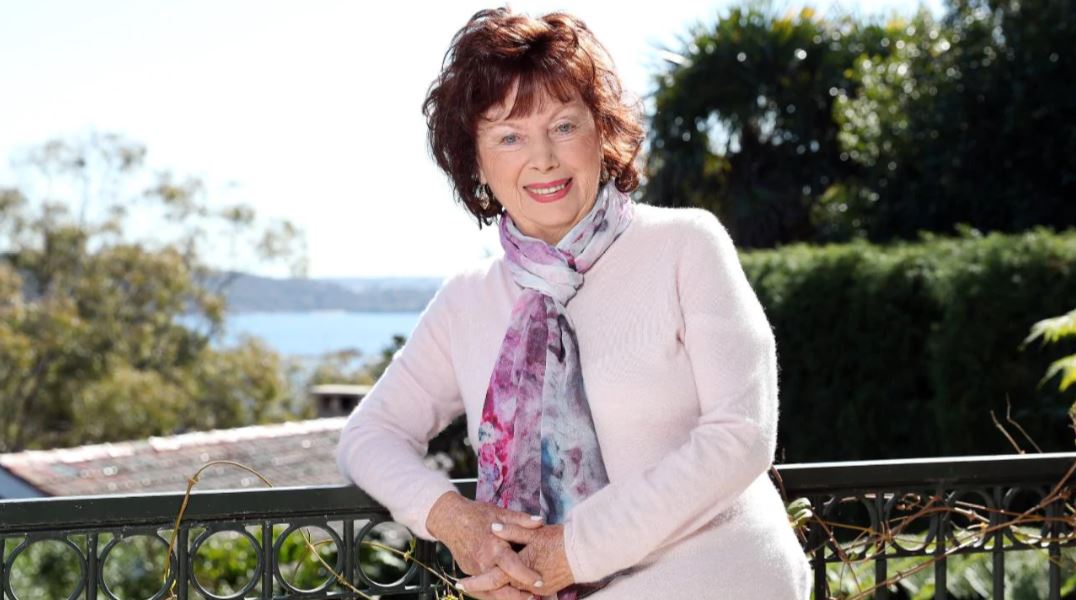War inevitably tests the collective and individual moral fabric, and World War II was no exception. Entire nations stand condemned or commended for complicity or resistance to the Third Reich while individuals collaborated, were passive bystanders or courageous resisters.
The Holocaust remains the tragic litmus test of humanity’s decency, a test that failed with devastating consequences for six million innocent individuals.
Despite the passage of time and the declining number of survivors a plethora of documentaries, films, plays, poems and novels continues to mine the period.
Diane Armstrong (pictured), a child survivor who arrived in Australia from Poland in 1948, has revisited one of the period’s most troubling episodes, the role of Dr Reszo Kastner in the fate of Hungarian Jewry, in her latest novel, The Collaborator.
A grandmother who steadfastly refuses to discuss the past prompts her 40-year-old granddaughter to make sense of the silence. The young woman’s journey from Australia to Israel via Hungary will provided some answers, a couple of love affairs and a new and powerful sense of identity. Interwoven with this contemporary roots quest is a sympathetic reimagining of the actual historical events.
Despite the increasing likelihood of defeat, the Nazi occupiers of Hungary (assisted by local Arrow Cross fascists) worked with devastating efficiency to exterminate the local Jewish population. Between May 15 and July 8, 1944, almost 500,000 Jews were deported to Auschwitz.
Read the article by Louise Adler in The Australian.

